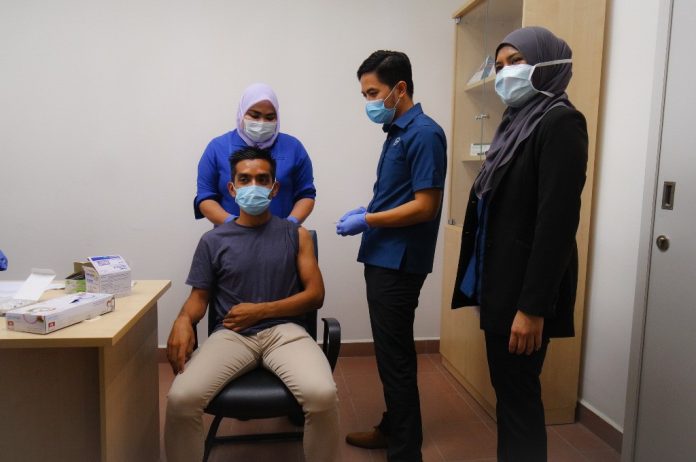
In the current climate of COVID-19, it is more important than ever to ensure the protection of older adults, and those with underlying chronic conditions against vaccine preventable diseases. Maximising uptake of existing vaccines for respiratory diseases, such as influenza and pneumococcal pneumonia, reduces the annual burden of disease – including increased mortality, morbidity and healthcare costs – particularly in at-risk populations.
While there has recently been necessary focus on the importance for influenza vaccination from governments, public and private health leaders around the world, pneumococcal pneumonia has unfortunately been left out of the spotlight. This is especially worrying, considering people infected with influenza who contract pneumonia experience even worse outcomes and increased hospitalisation rates.
The World Coalition on Adult Vaccination calls on professional, patient and advocacy organisations, together with all levels of government to increase their investment in educating and encouraging older adults and those with chronic diseases to be vaccinated against influenza and pneumococcal pneumonia.
Pneumonia is a “common lung infection that can have many symptoms including difficulty in breathing, coughing, fever, fatigue, nausea and vomiting, chest pain, changes in heartbeat, confusion or delirium, and diarrhea”. In North America, approximately 90% of deaths from an infectious illness are linked to pneumonia among those aged 65 years and older.
Research has also shown pneumonia to result in significant decline in functional ability of older adults. A study of older adults in 13 French aged care facilities demonstrated that pneumonia was associated with loss of physical functioning and independence, such as the ability to bathe oneself or move from a bed to a chair.
Fortunately, and surprisingly unbeknown to many, there are vaccines to help prevent pneumonia among at-risk groups that significantly reduce pneumonia-related hospitalisations and costs along with broader, negative socio-economic impacts. Despite the severity of pneumonia and availability of a vaccine, the vaccine is not widely discussed or recommended to prevent ill health and functional decline of those most at-risk. In fact, research by Schneeberg et al. (2014) found that only 52% of older adults surveyed remembered their health care provider ever offering the pneumonia vaccine.
In line with the WHO Immunization Agenda 2030, which envisions “A world where everyone, everywhere, at every age, fully benefits from vaccines” and in the context of the Decade of Healthy Ageing, the World Coalition on Adult Vaccination urges a cross-sectoral approach to investment and communication regarding the importance of vaccination against respiratory disease to reduce functional decline, hospitalisations, morbidity, mortality and healthcare costs, especially in light of the COVID-19 pandemic.
**The facts and views expressed are solely that of the author/authors and do not necessarily reflect that of the editorial board.



